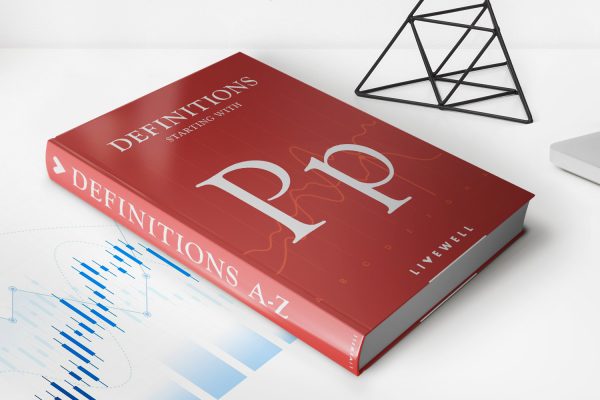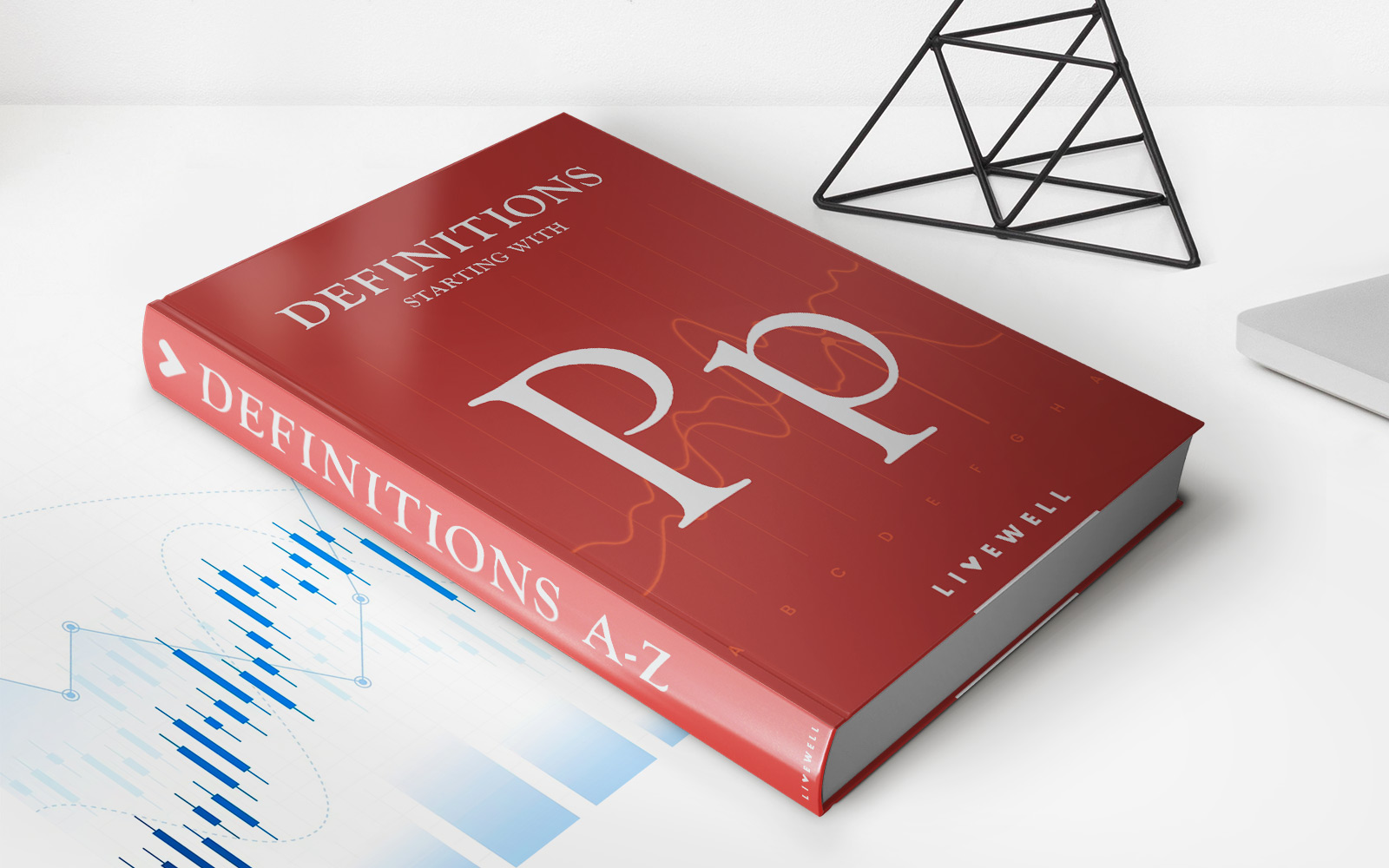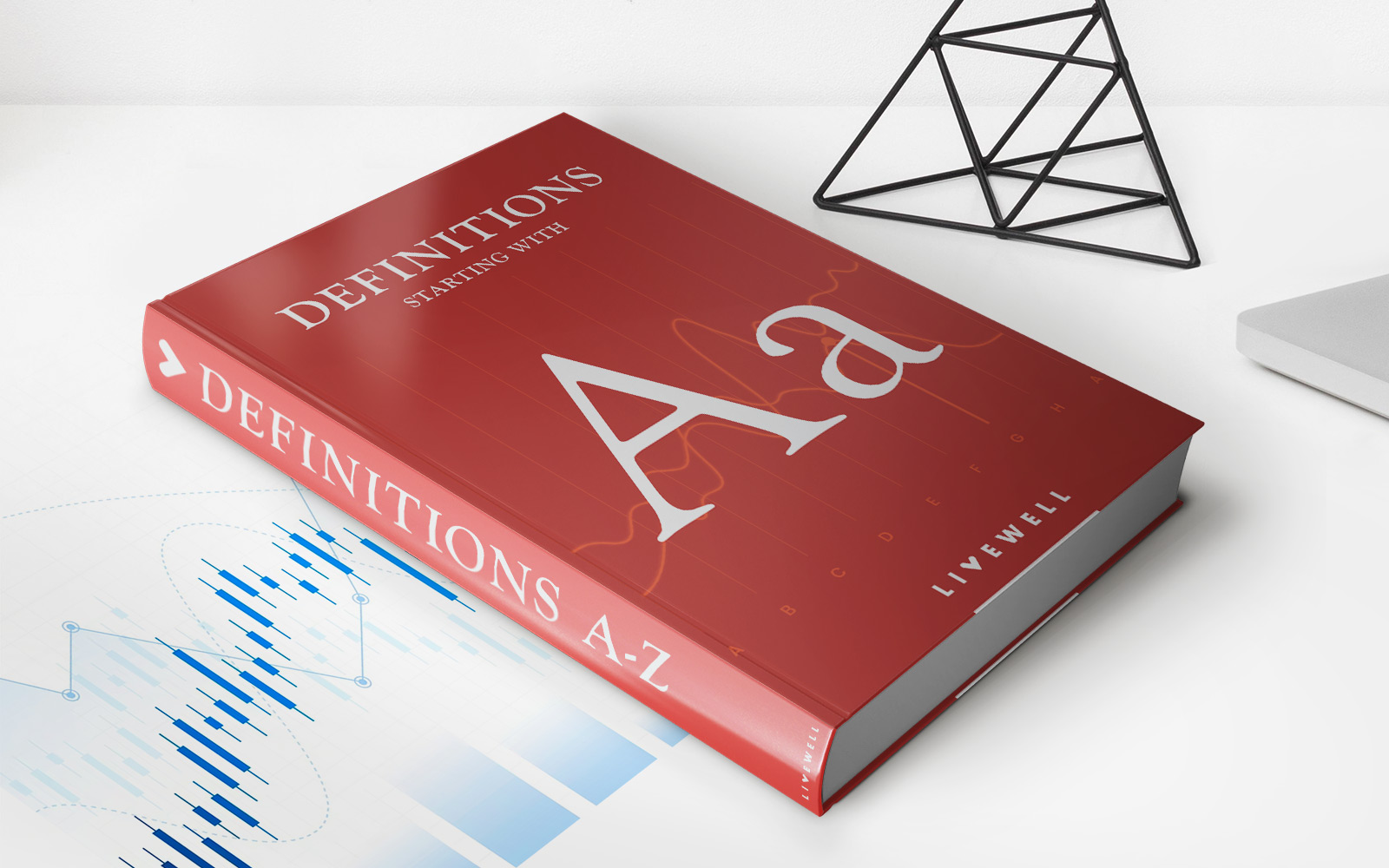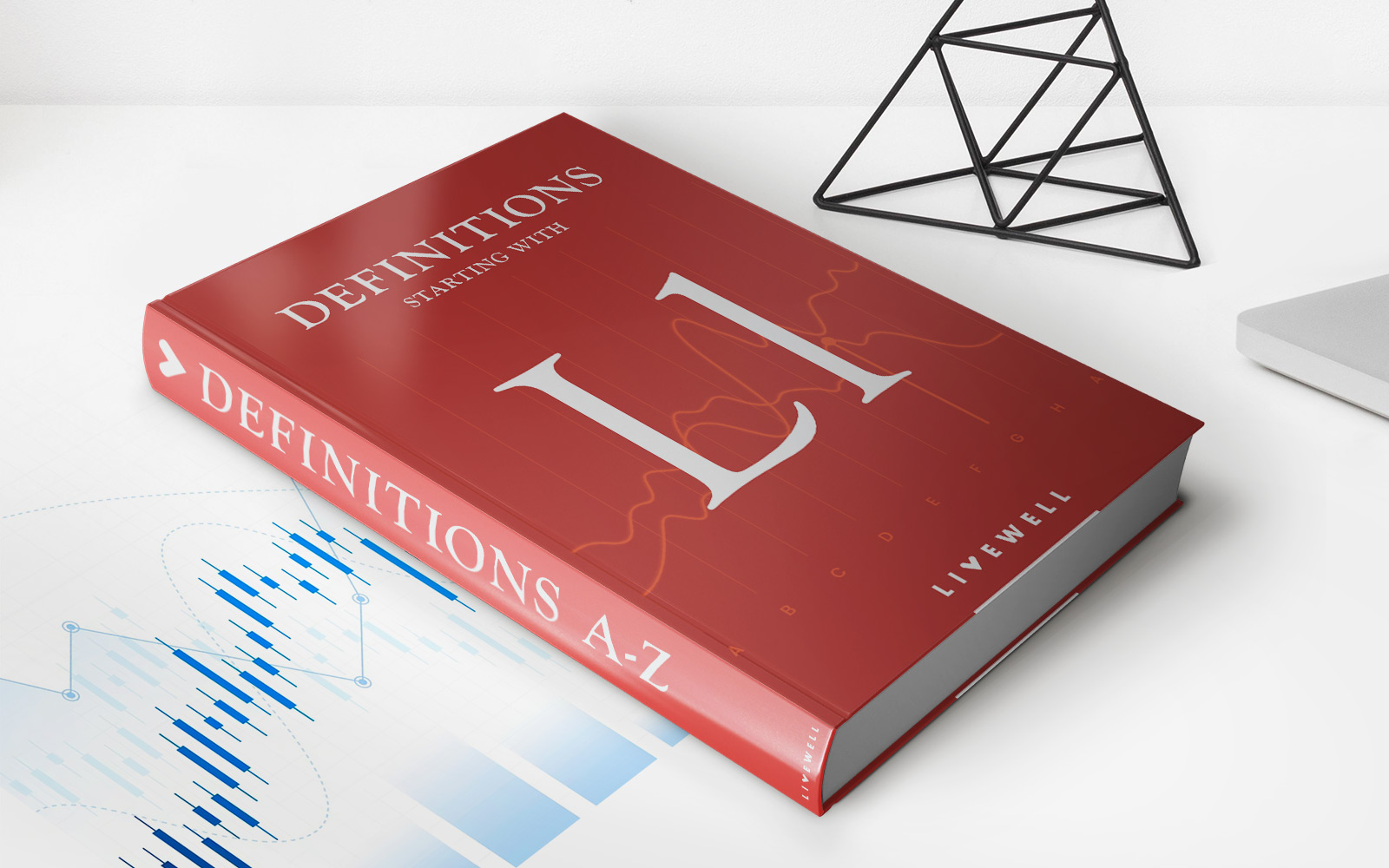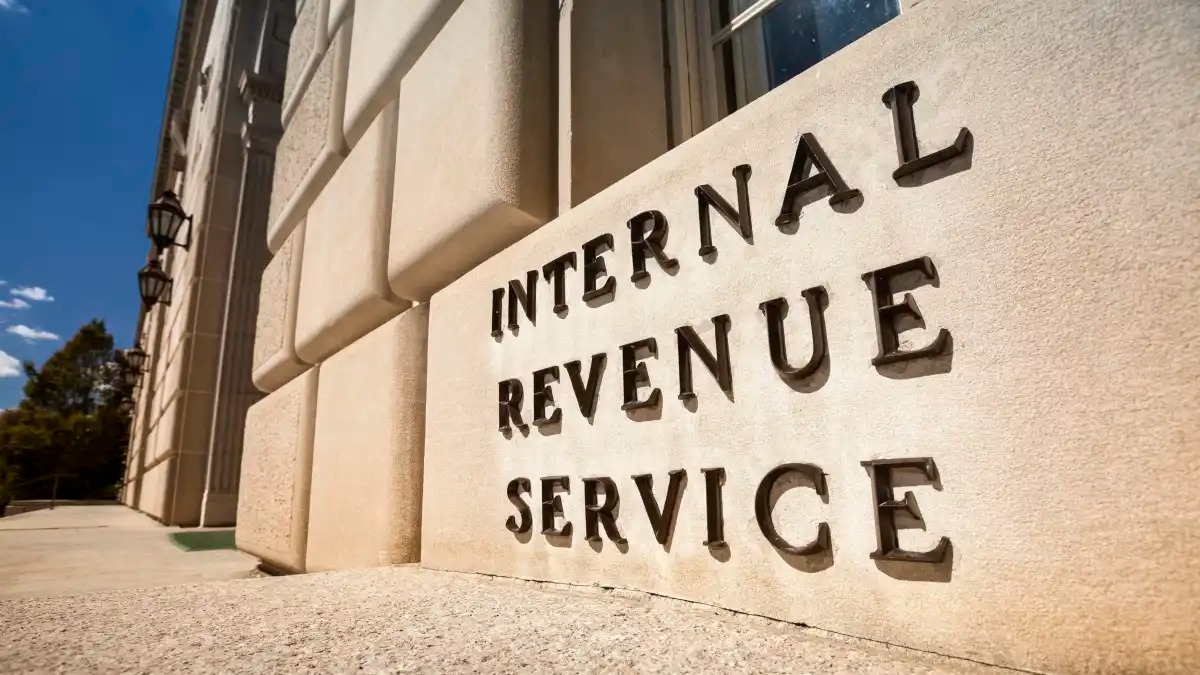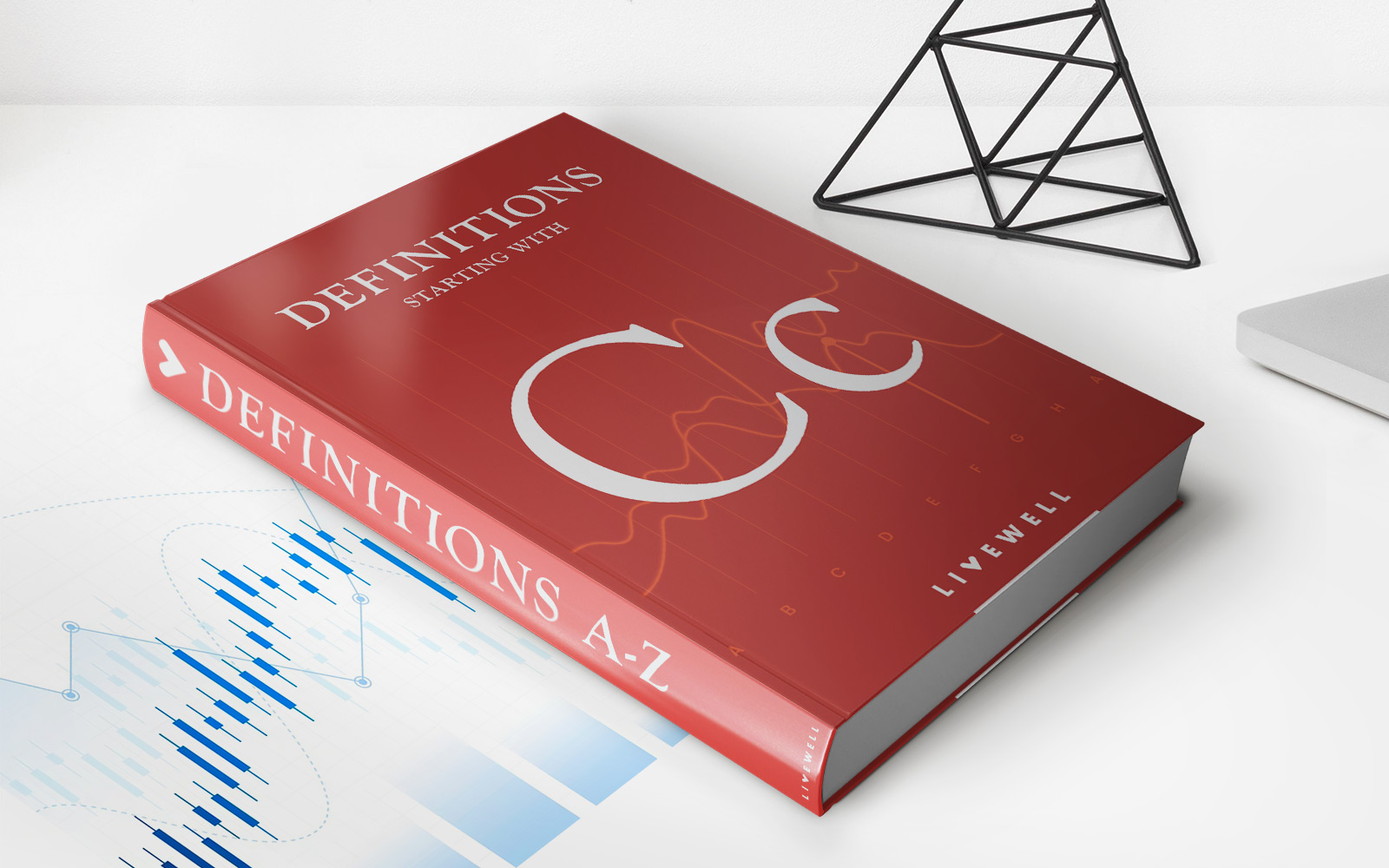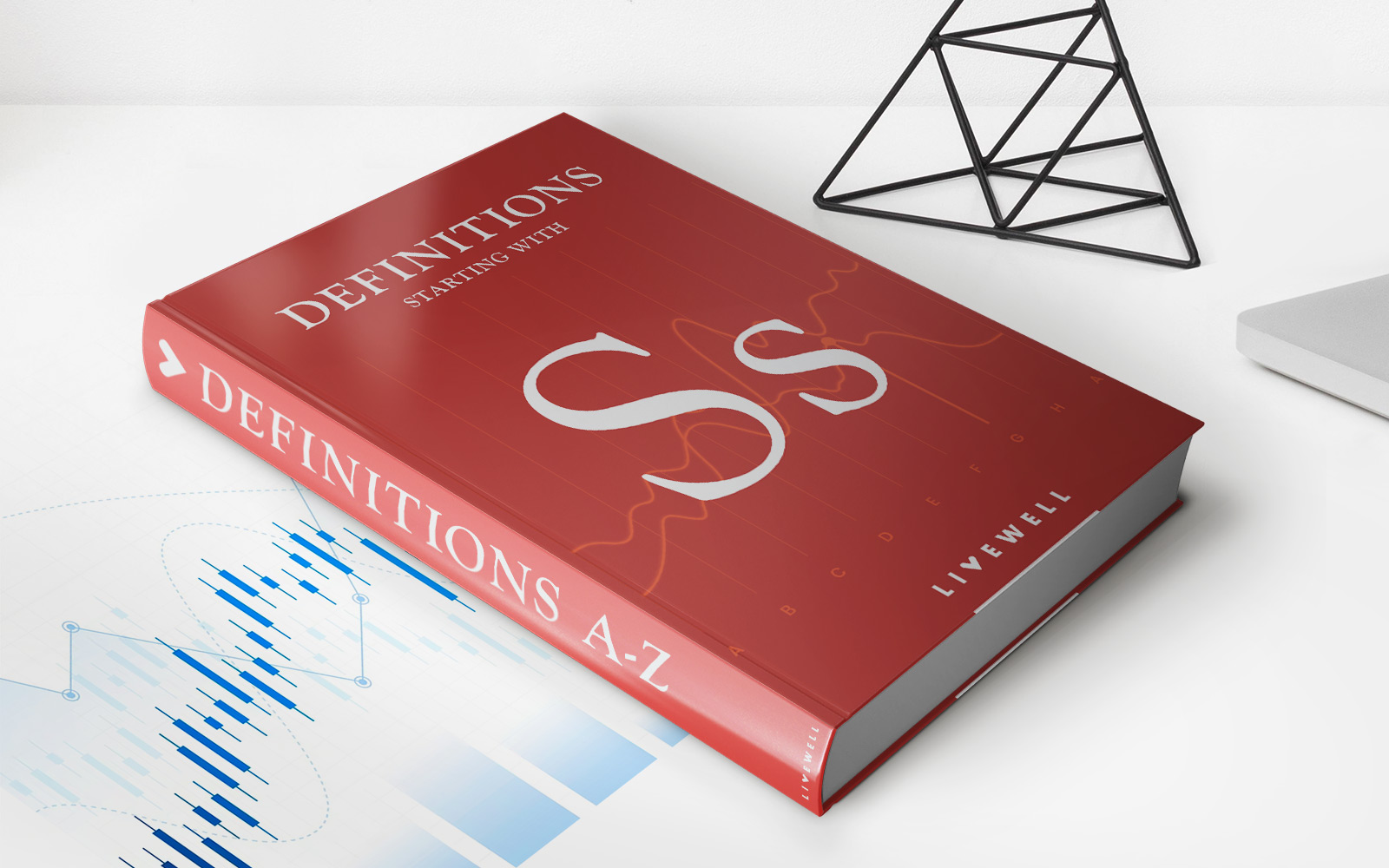Home>Finance>What Is A Letter Of Indemnity (LOI)? Definition And Example
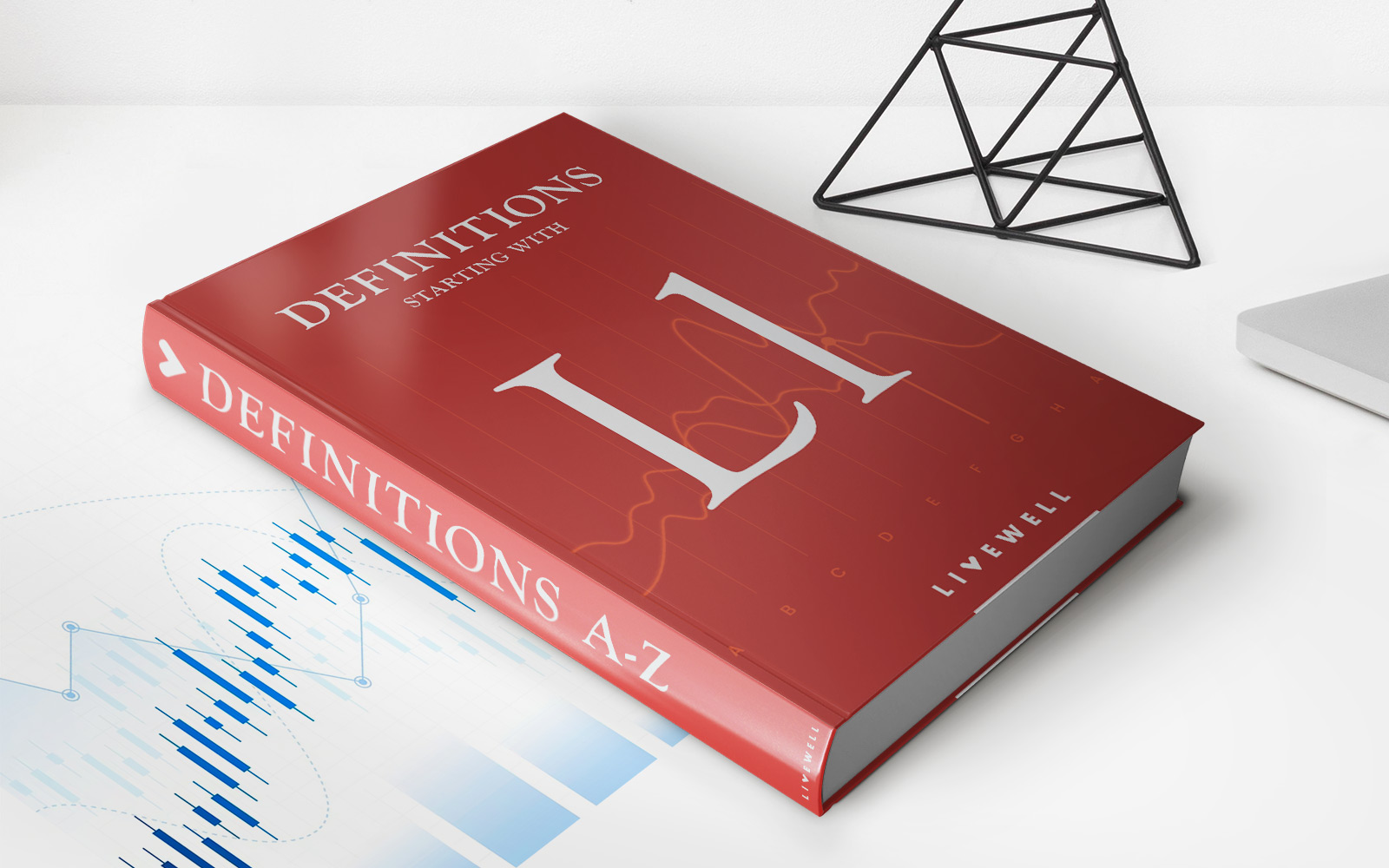

Finance
What Is A Letter Of Indemnity (LOI)? Definition And Example
Published: December 17, 2023
A letter of indemnity (LOI) is a legal document in the field of finance that offers protection against potential losses or damages. Learn more about LOIs and see an example.
(Many of the links in this article redirect to a specific reviewed product. Your purchase of these products through affiliate links helps to generate commission for LiveWell, at no extra cost. Learn more)
What Is a Letter of Indemnity (LOI)? Definition and Example
Welcome to another informative article in our finance category. Today, we will delve into the intriguing world of finance and examine a key document known as a Letter of Indemnity (LOI). Have you ever wondered what exactly an LOI is and how it affects your personal or business finances? Look no further, as we provide a comprehensive definition and example to shed light on this important concept.
Key Takeaways
- A Letter of Indemnity (LOI) is a legal document that protects one party from potential liabilities or losses that may occur during a specific transaction or activity.
- LOIs are commonly used in various industries, such as shipping, insurance, and lending, to provide assurance and financial protection to parties involved.
Now, let’s explore the world of LOIs in more detail.
Understanding the Letter of Indemnity (LOI)
A Letter of Indemnity, commonly abbreviated as LOI, is a legal document that serves as a contractual agreement between two parties. This document is designed to protect one party against potential losses or liabilities that may arise during a specific transaction or activity.
LOIs are frequently utilized in various industries, including shipping, insurance, and lending. These industries often involve complex transactions, where the risk of financial loss or damage is a concern.
Now, let’s walk through an example to illustrate how an LOI works and its significance in practice.
An Example of a Letter of Indemnity (LOI)
Imagine you are a company that frequently ships goods internationally. You have recently sent a valuable cargo to another country via a shipping company. However, due to unforeseen circumstances, the original Bill of Lading (B/L), which acts as proof of ownership and serves as a receipt for the goods, is lost.
In this situation, the shipping company may require you to provide a Letter of Indemnity (LOI). By issuing this letter, you agree to indemnify the shipping company for any future claims or losses that may arise from the release of the goods without the original B/L.
The LOI essentially protects the shipping company from potential legal or financial consequences that might occur because they released the goods based on the indemnifying document rather than the original B/L.
In this example, the LOI acts as a safeguard for both parties involved. It assures the shipping company that they will not be held responsible for any future claims, while providing you with the necessary means to retrieve your goods without unnecessary delays, paperwork, or complications.
The Importance of Letter of Indemnity (LOI)
The significance of a Letter of Indemnity in financial transactions cannot be underestimated. In complex business environments, where risks are inherent, LOIs provide confidence and assurance.
Here are a couple of key takeaways to summarize what we’ve discussed:
- LOIs enable parties involved in transactions to mitigate risks and protect themselves against potential losses or liabilities.
- These documents play a vital role in industries such as shipping, insurance, and lending, where financial protection is essential.
Now that you are well-informed about the Letter of Indemnity (LOI), its purpose, and its significance across various industries, you can approach your future financial endeavors with an enhanced understanding of this important concept.
Remember, when it comes to finances, knowledge is power, and understanding the mechanisms in place to protect you and your assets is crucial.
